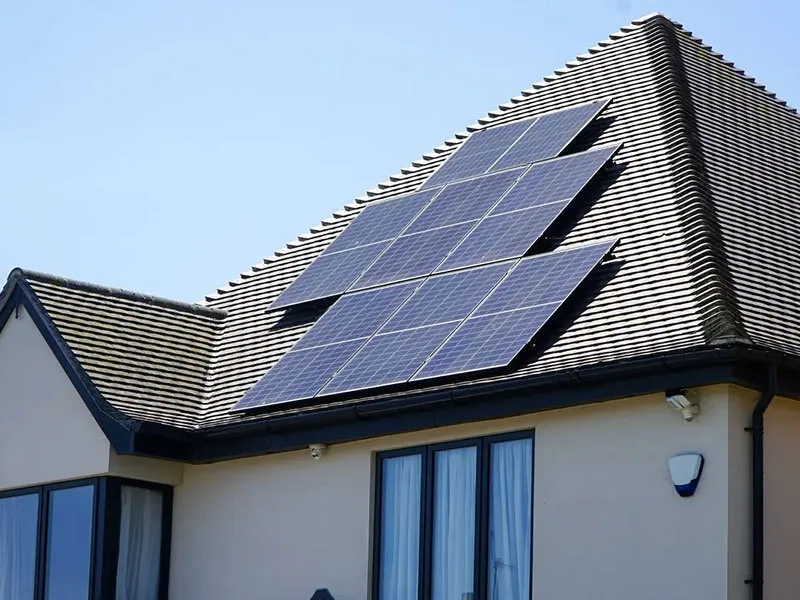Understanding the Roles and Benefits of Solar Inverters in Renewable Energy Systems
Understanding Solar Inverter Functions
As the world increasingly turns to renewable energy sources, solar power has emerged as a leading solution for sustainable energy generation. Central to the effectiveness of solar energy systems is the solar inverter, a critical device that plays a vital role in converting solar energy into usable electrical power. In this article, we will explore the functions of solar inverters, their importance in solar power systems, and advancements in technology that enhance their performance.
At its core, a solar inverter converts the direct current (DC) electricity generated by solar panels into alternating current (AC) electricity, which is the form of power used to power homes and businesses. Solar panels generate DC electricity when sunlight is absorbed by the photovoltaic cells. However, the electrical grid operates on AC electricity, which necessitates the function of inverters. This conversion process is fundamental to making solar energy usable for everyday applications.
Understanding Solar Inverter Functions
Beyond simply converting electricity, modern solar inverters come equipped with advanced features that contribute to energy management and monitoring. Many inverters include built-in monitoring systems that allow users to track the performance of their solar energy systems in real time. This capability enhances transparency and allows for quick identification of any issues that may arise, ensuring optimal performance of the solar setup.
solar inverter function

Another significant function of solar inverters is their ability to provide grid stability and maintain energy quality. Inverters help manage the voltage and frequency of electricity being fed back into the grid, making it essential for the integrity of the electrical system. They also facilitate net metering, which allows solar system owners to receive credit for excess energy they produce and send back to the grid, further enhancing the financial feasibility of solar installations.
In recent years, advancements in technology have led to the development of smart inverters that integrate with smart home systems and the Internet of Things (IoT). These inverters can communicate with other devices, automatically optimizing energy usage based on real-time data. Additionally, some models incorporate energy storage solutions, enabling homeowners to store excess energy generated during the day for use during nighttime or cloudy days.
Furthermore, as more households and businesses adopt solar energy, the role of solar inverters in energy distribution becomes increasingly significant. With the rise of electric vehicles (EVs) and the need for sustainable charging solutions, inverters that can adapt to evolving energy demands are crucial.
In conclusion, solar inverters are indispensable components of solar energy systems, enabling the conversion and management of solar power for practical use. Their ability to optimize energy production, maintain grid stability, and adapt to emerging technologies underscores their critical role in the transition to renewable energy. As technology continues to evolve, solar inverters will play an even greater role in facilitating a sustainable energy future, making solar energy more accessible and efficient for all.
-
String Solar Inverter: The High-Efficiency Solution for Smart Solar EnergyNewsJul.14,2025
-
Revolutionizing Rooftop Energy with the Power of the Micro Solar InverterNewsJul.14,2025
-
Power Independence with Smart Off Grid Solar Inverter SolutionsNewsJul.14,2025
-
On Grid Solar Inverter: Powering the Future with Smart Grid IntegrationNewsJul.14,2025
-
Monocrystalline Solar Panels: High-Efficiency Power for the Future of Clean EnergyNewsJul.14,2025
-
Bifacial Solar Panel: A Smarter Investment for Next-Generation Energy SystemsNewsJul.14,2025







